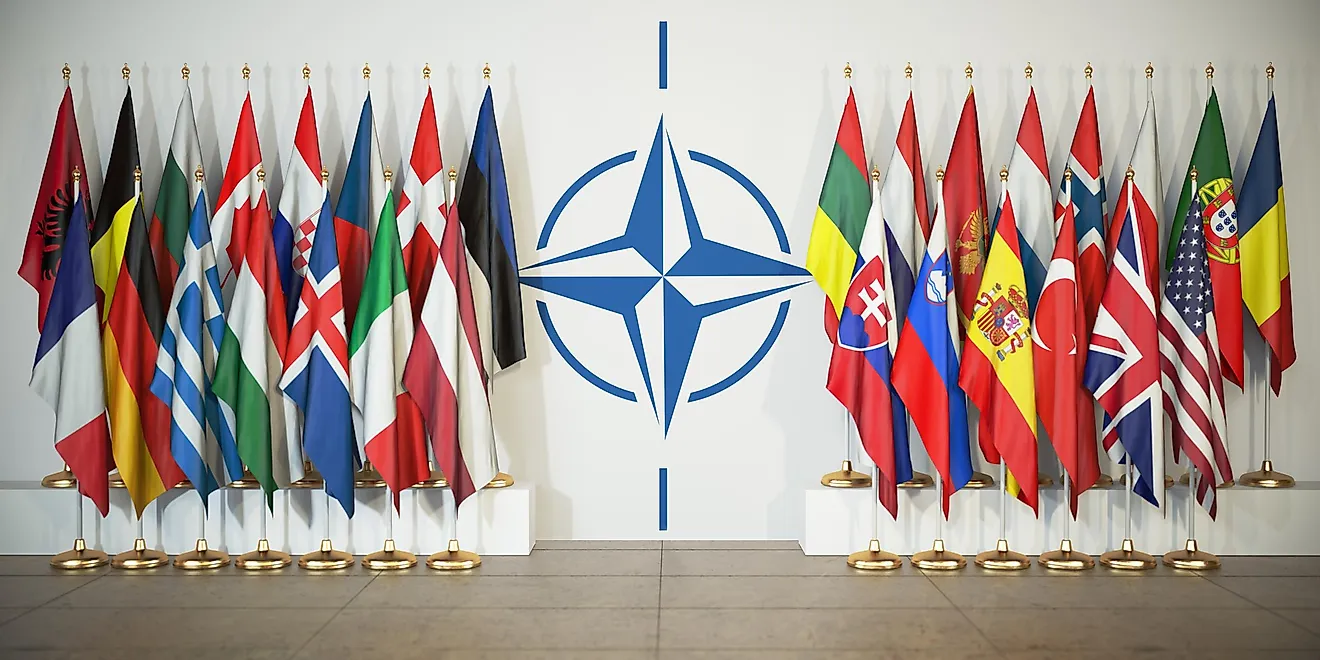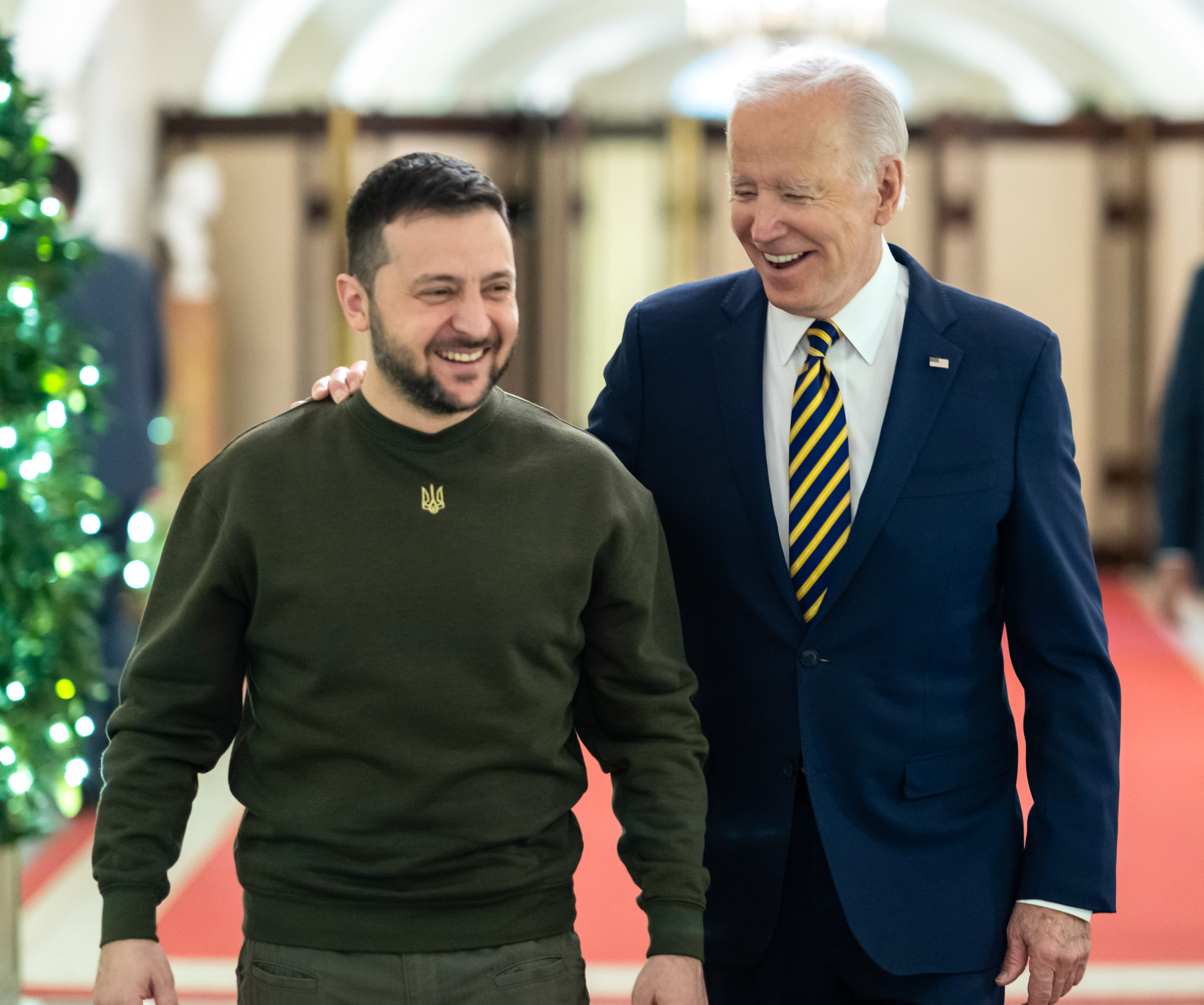
Should NATO Expand its Members and Missions?
Zarrín Caldwell / Congressional Quarterly Press
Introduction
(September 6, 2024) — Russia’s invasions of Ukraine in 2014 and 2022 have revitalized the North Atlantic Treaty Organization (NATO), the security alliance comprised of 30 European countries, Canada and the United States. Sweden and Finland have recently joined, and others, notably Ukraine, have applied for membership. NATO is ramping up defense spending and strengthening forward battalions to deal with new threats to European security from Russia, while addressing growing cyber threats from countries such as China.
However, NATO’s consensus decision-making process has been hampered by disagreements about military rules of engagement, who should pay what and whether NATO has any business being involved in operations outside the North Atlantic such as in the Indo-Pacific.
These debates are occurring in a volatile geopolitical environment of elevated nuclear risks and as nonmember countries are questioning continued Western hegemony. Although the United States has played a preeminent role in NATO, its continued involvement depends on the outcome of the November presidential election as well as the country’s shifting focus to China amid a changing geopolitical landscape.
Pro: Does NATO Promote Global Stability?
James Joye Townsent
NATO promotes global stability by maintaining peace in Europe, as it has for 75 years. The modern world has shrunk, rather than growing further apart, due to communications, transportation and economic globalization. One part of the globe cannot suffer from instability without impacting other parts. Therefore, NATO’s ability to maintain stability in Europe — through Cold War, terrorism, wars in the Balkans and now the invasion of Ukraine — helps maintain stability in Asia, Africa and other parts of the globe dependent on Europe for trade and assistance.
Since 1949, NATO has been a defensive alliance and has no designs on its neighbors or any other region. It’s raison d’etre is to deter and defend against any attack on its members, not to attack another nation. As an alliance of 32 nations, NATO promotes transparency not only about its actions, but the military actions of its members. For instance, NATO allies do their defense planning together. All the allies know one another’s defense plans and budgets, so there is no chance for one to secretly build up its military forces to threaten someone else. Additionally, decision-making at NATO is done by consensus; NATO cannot be overtaken by one ally and made into an aggressive force. Such an effort would be stopped before it got started.
It is obvious from NATO’s founding documents, communiques, public statements and force posture that it deters aggressors, thereby promoting stability in and around Europe. It can also become a powerful force for good during a crisis elsewhere, such as for peacekeeping if requested by the U.N., as demonstrated by the NATO force in Kosovo, still in place since 1999. NATO’s many partnerships with non-NATO nations, such as through the Partnership for Peace (which provides a relationship with NATO for non-members) or partnerships in the Middle East and Asia Pacific, promote stability through exercises and training with non-members.
NATO training emphasizes the rules-based international order, civilian control of the military and the role of the military in a democracy. Such partnerships help provide transparency globally about NATO and its members and activities, and promote relationships and good communications between militaries, which can be helpful in a crisis.
Stability on a global basis is enhanced by having, instead of warring nations in Europe, an alliance of partners able to promote stability globally but also act with the U.N. or European Union when force is needed elsewhere to restore stability.
James Joye Townsend is an Adjunct Senior Fellow, The Center for a New American Security Transatlantic Security Program. Written for CQ Researcher, September 2024
Con: Does NATO Promote Global Stability?
David Swanson
A democratic and accountable institution that worked to defend certain nations could be imagined as promoting stability. Unfortunately, NATO is an unelected and unaccountable institution without even any democratic or transparent procedures among its members — an institution that drives military spending and arms races, opposes negotiations, escalates conflicts, heightens tensions and increases the risk of nuclear war.
The NATO Support and Procurement Agency, which lines up weapons deals between manufacturers and governments, has a greater number of staff and handles greater amounts of money than NATO itself. NATO members and partners together account for 69 percent of the world’s military spending. China spends 19 percent, Russia 6 percent, and Iran 0.4 percent what NATO members and partners do. Yet, NATO pressures its members hard to spend more on weaponry, and less on human and environmental needs.
NATO’s war-making, in violation of the United Nations Charter, in the former Yugoslavia, Afghanistan, and Libya has been the opposite of stabilizing. The U.N. authorized NATO’s mission to Afghanistan only long after the occupation, as in Bosnia and Kosovo. A U.N. resolution to protect Libyans was not an authorization to bomb Libya and overthrow the government.
NATO members have supported catastrophic and destabilizing wars that only some of its members would agree to, in places such as Iraq and Palestine. Mark Rutte, slated to be the next NATO Secretary General, displayed contempt for the rule of law when he asked: “What can we say to make it look like Israel is not committing war crimes?”
Outgoing Secretary General Jens Stoltenberg has admitted what had been clear to unbiased observers, namely that the expansion of NATO was central to creating the current conflict in Ukraine. Both prior to and shortly following Russia’s criminal (and predictably counterproductive) invasion of Ukraine, Russia indicated willingness to negotiate, with its primary demand that Ukraine not join NATO. The United Kingdom and the United States told Ukraine the West would not support such an agreement. No wonder the world has in great part failed to support Ukraine’s war, and global opinion is strongly opposed to NATO.
NATO calls itself a “nuclear alliance” and maintains a “Nuclear Planning Group” for its members to discuss the launching of the sort of war that puts all life at risk, and to coordinate “war games” for use of nuclear weapons in Europe. The Doomsday Clock has been set closer than ever before to midnight.
David Swanson is the Executive Director of World BEYOND War. Written for CQ Researcher, September 2024
